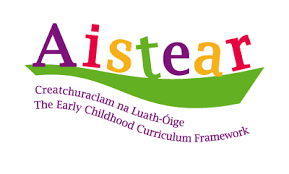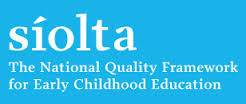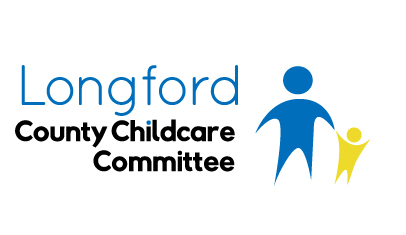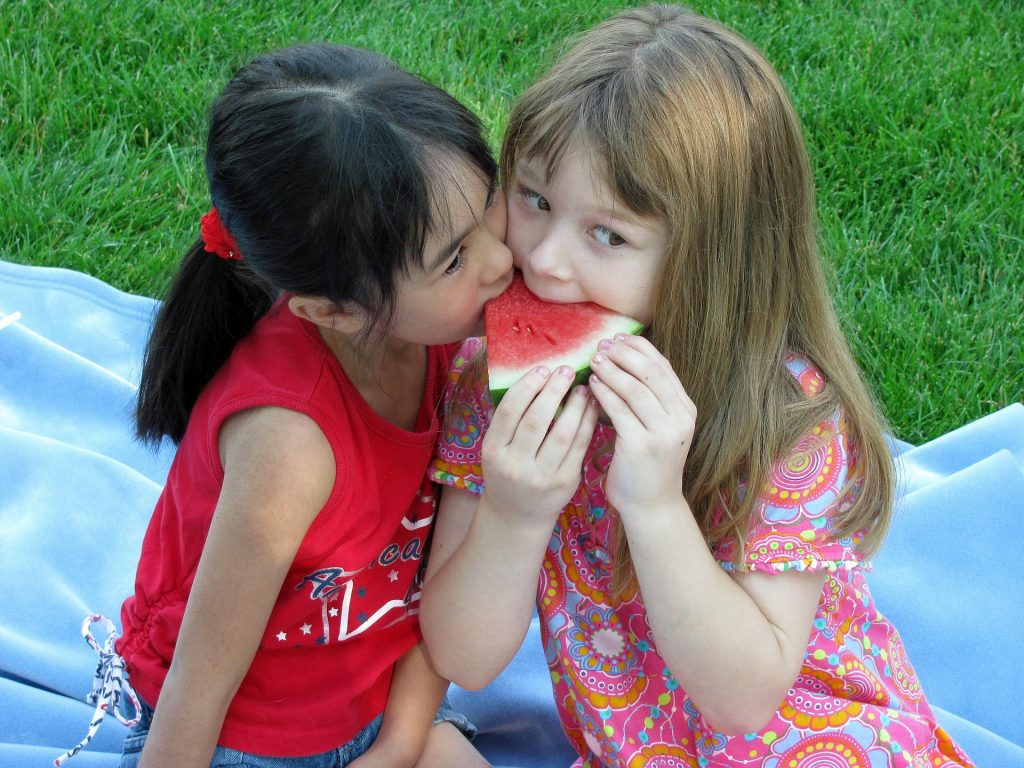Health and Welfare in the Early Years
When considering health and welfare in your early years service, you should refer to the Síolta Standard 9 and review the components to allow you and your staff to reflect on your current practice.
`Promoting the health and welfare of the child requires protection from harm, provision of nutritious food, appropriate opportunities for rest, an secure relationships characterised by trust and respect.` (Síolta, the National Quality Framework for Early Childhood Education)
Think about what you are doing regarding Health and Welfare?
Thinking about your service ask yourself the following questions in relation to Health and Welfare:
Do you include in your policy informing of parents about medical emergencies?
What Health and Welfare procedures are in place to respond to medical emergencies?
Do you have enough adults in your setting qualified to administer first aid?
Are there enough fully-equipped first aid boxes available and are they easily accessible?
Are all adults in your setting briefed on the appropriate storage and administration of medication?
Has your setting implemented Health and Welfare policies and procedures to address the following?:
- to prevent the spread of infectious diseases,
- reduce exposure to environmental hazards
- work place stress
- deal efficiently with medical situations that may arise
What more can you do in your setting around Health and Welfare?
Think about the strategies you have in place to ensure that everyone in your setting is fully informed on all aspects of health and welfare promotion,
for example:
- having information leaflets available on vaccinations
- oral hygiene
- invite your local public health/other health professionals to visit your service
- incorporate health promotion into your curriculum for children
- Support the children in your service to develop good personal hygiene routines such as: hand washing, brushing teeth, toileting and waste disposal.
Encourage the adults in your setting to contribute positively to the promotion of the children’s health and welfare by:
- modelling good hygiene practice
- being attentive and responsive to children’s personal hygiene routines
- promoting children’s self help skills
Ensure your service has implemented the guidelines from Children’s First and Our Duty of Care in relation to Child Protection. Consider how do you brief adults on your settings policy regarding child protection?
Your service should be proactive in supporting the development of healthy eating habits in children. This can be done in a variety of ways like involving the children in conversation about healthy eating and include as part of your daily activities. This will also support their enjoyment and appreciation of eating as a positive social experience. Promote Health and Welfare awareness in your setting by having information available from HSE, Bord Bia, Safefood etc.
Allow appropriate space for quiet time and relaxation from other activities to ensure that the children in your service have their health and welfare respected and recognised.
A positive Health and Welfare experience in your service will allow for active learning for both children and adults which in turn provides a good learning experience for the future.



